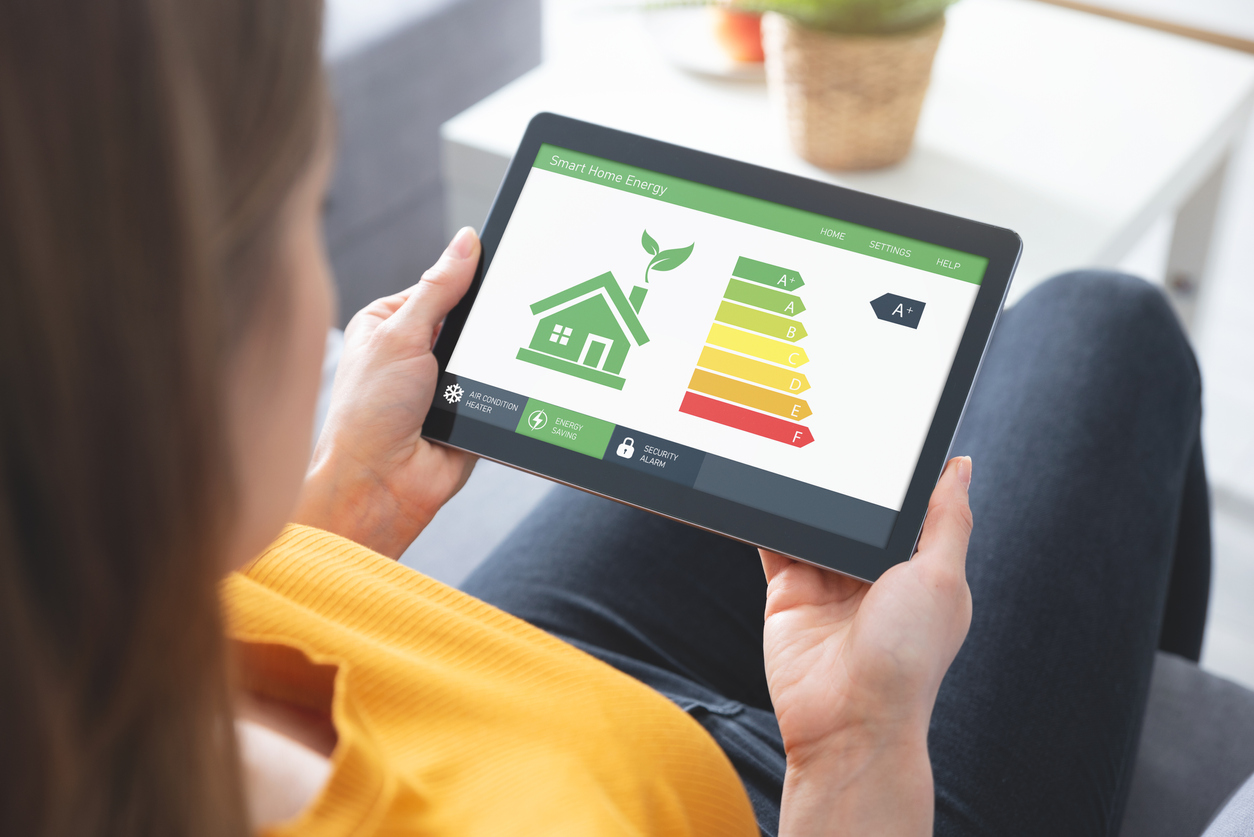Everything You Need to Know About EPCs (Energy Performance Certificates)
Posted on 08/02/2022
We often get asked questions about online Energy Performance certificates, so we thought we’d bring all of these frequently asked questions together to create a comprehensive guide to help you find out what an EPC is, why you might need one, the benefits of an EPC and much more! Read on to find out more about Energy Performance Certificates.

What is an Energy Performance Certificate?
Energy Performance Certificates, also known as EPCs are a document legally required by law to be supplied to prospective tenants or buyers whenever a property is built, sold or rented.
An EPC gives a property an overall energy efficiency rating and contains some key information about the energy performance of a property. This includes information on energy consumption and typical energy costs along with recommendations on how to reduce energy use and save money.
How long is an Energy Performance Certificate valid for?
An EPC is valid for 10 years. That means, if for example, you purchased a new-build property but you’ve lived in the house for 11 years, the EPC provided for you when you purchased the property will have run out and will no longer be valid if you were to put the property on the market.
Assuming the EPC was in date and valid at the time of purchase, you can still legally live in or continue renting a property without a current EPC, but when it comes to selling or renting out that property, you’d need to get a new one drawn up.
The reason an EPC is generally valid for a period of 10 years is that in this period of time, significant changes could occur to the property which could impact aspects of the energy rating. For example, having a more efficient new boiler and replacing single glazed windows with double glazing.
When were EPCs introduced?
Energy Performance Certificates were introduced in England in August 2007. Initially applied only to larger houses up for sale, by 2008 they were a required document for all properties for sale or rent of any size.
When should I get an EPC?
An EPC should be obtained before a property goes up for sale or before it’s put up for rent. The Energy Performance of Buildings (England & Wales) Regulations 2012 contains detailed information, but in general, if you’re thinking of putting your property on the market either for sale or to rent, you’ll need to obtain an EPC first.
How can I get an online EPC?
Getting hold of an EPC requires a physical property assessment by an accredited domestic energy assessor. You can use the government EPC register to find one or you can use the online EPC service that we offer here at The Property Portal if you want to make the process even easier.
How is an EPC rating calculated?
Your EPC rating will take into account the amount of energy used and levels of carbon dioxide emissions. In general a newer build or a property that has been made more energy efficient will be better at conserving energy with less waste.
This ultimately means it will use less energy to run, resulting in fewer carbon emissions which is good news not only for the environment, but for your bank account too!
What do EPC ratings mean?
The energy ratings on an EPC currently range from A to G, with A being the most energy efficient down to ratings of F and G which means a property has not reached basic requirements and some work will be needed to get it up to saleable or rental standard.
Why is an EPC important?
For buyers or prospective renters, and EPC can provide invaluable insight into the potential running costs of a property.
Heating bills for two similarly sized properties with the same pattern of energy use and consumption can vary greatly depending the energy efficiency of the individual property, with A-rated properties generally leading to cheaper bills than an E-rated property for example.
A high score of A or B could also make a property more desirable as prospective buyers won’t feel the need to shoulder the added financial pressure of making further energy-saving improvements.
Did you know that The Property Portal allows you to quickly and easily arrange an EPC online? Find out more about our online EPC service, or take a look at our detailed EPC & Floorplan FAQs.